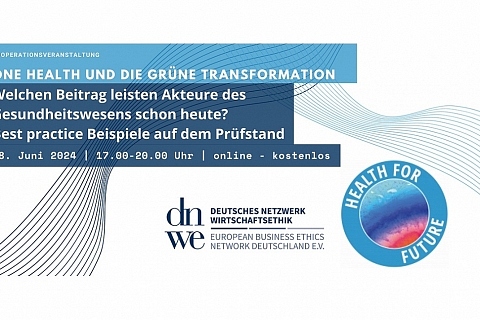Deadline for abstract submission: 09 January 2023
Deadline for full paper submission: 20 March 2023
Editors
Lisa Fröhlich
Cristian Loza Adaui
Maud Schmiedeknecht
Kristina Steinbiß
AIMS AND SCOPE
This book highlights that change towards prosperity requires innovative circular business models with new value creation structures. To develop those adapted business models for circular economies, it is necessary to adjust existing approaches, since the actors involved along the value chain take on different roles.
The publication is centered on the importance of horizontal integration and cross-company cooperation to realize valuable sector-independent synergy and symbiosis effects to secure competitive advantages along sustainable supply chains. In particular, it discusses how the consideration of new technologies and organizational approaches, such as digital ecosystems, must be incorporated into future considerations and developments.
This transformation is accompanied by the linking of economic interests with ecological forms as a prerequisite for initiating a change in entrepreneurial thinking. The book shows how to generate sector- independent synergy and symbiosis effects and how these can be included as an enabler to overcome previous boundaries and barriers in the establishment of circular value networks.
As an essential guide for companies all around the world striving to contribute for a greater scope of sustainable development by (re)designing circular business models, this book provides a global perspective for managers and researchers. The authors analyze drivers and challenges of implementing circular business models and present innovative concepts and learnings from pioneering companies in the field of circular economy.
This publication represents an international approach that will serve in the future as a living handbook for future-oriented action within the framework of the Circular Economy. The living handbook will consist of three different areas: theoretical framework, business models and best practice examples successfully implementing Circular Economy.
POTENTIAL TOPICS
Theoretical chapters on:
- Circular economy
- Sustainable supply chain management
Theoretical and/or practical chapters dealing with Circular Economy within the different phases of supply chains:
- Concept & Design
- Source
- Make
- Deliver
- Return & Disposition
Theoretical and/or practical chapters addressing the relevant Circular Economy Principles (Rs) applied to several phases of a sustainable supply chain:
- Refuse
- Redesign
- Reduce
- Reuse
- Repair
- Refurbish
- Remanufacture
- Repurpose
- Recycle
- Recover
PROJECTED TIMELINE
Abstract: 09.01.2023
Notification of acceptance / rejection: 15.01.2023
Full chapter submission: 30.03.2023
Complementation of review process: 15.05.2023
Anticipated release of the book: 30.10.2023
SUBMISSION GUIDELINES
Manuscripts should be 7,500 words (theoretical contribution) or 5,000 words (best practice example) in length including figures, tables, and references. Please follow the Springer Manuscript preparation guidelines for chapter contributions. Of further interest could be the following key style points. We encourage authors to get their manuscripts language edited by a professional or a native English speaker.
Manuscripts should be submitted by email to: c.loza@cbs.de and kristina.steinbiss@reutlingen-university.de







